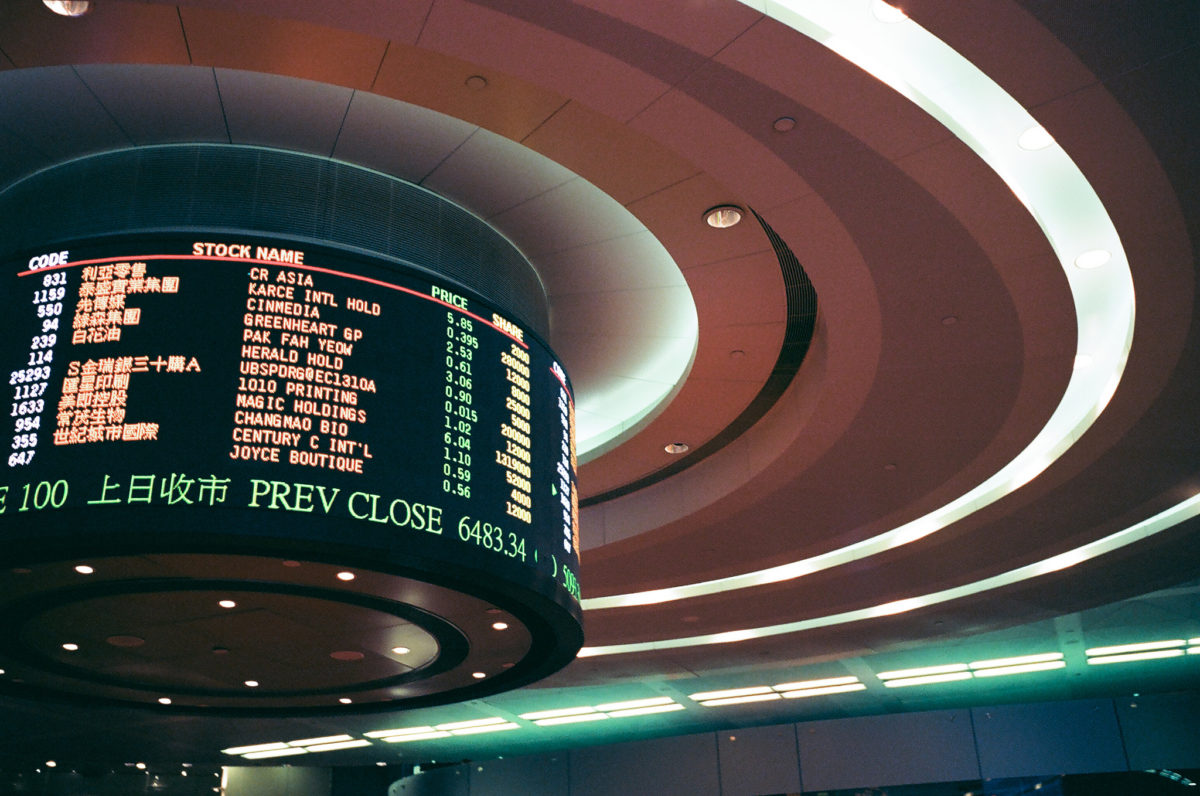For those of you who want to read the accounts for yourself, they are accessible by clicking this link.
As always, please be aware I’m not an accountant and I’m using my limited knowledge to analyse these accounts.
The Headline Figures
Once again, BSH have confirmed that they have made a loss – but in relative terms it is much better than it has been before.
The loss for the period is down to HK$65.847M (about £6.6M) from HK$173.145M (about £17.4M) in the corresponding six months last year.
The chief reason for that is simply player transfers – there is a profit of HK$116.204M (about £11.6M) recorded in the first six months of this season.
Obviously the sale of Che Adams to Southampton is a major part of that, but it’s worth bearing in mind that this figure also includes the purchase of Ivan Šunjić from Dinamo Zagreb among other signings.
Revenue into the company went up by about 10% but expenses also went up by about 10%, which to me shows that not much else has changed within the company.
It’s not an exact science comparing these accounts to financial fair play rules, as these are the account for the entire group and there are certain things that aren’t counted for FFP purposes, but I do think it’s fair to say Blues should be within the £13mil acceptable loss for this season.
However, the breakdown of figures is not granular enough to be able to see things like how much money the club is making from the groundshare with Coventry City FC.
There is confirmation in the accounts that as reported in the press, the hearing into the breach of the business plan by BCFC by an independent commission was held on February 12. As of the accounts, BCFC has not had the decision handed down.
Diversification
One thing I know some fans are interested in is how BSH is making money outside of BCFC.
This is important because the more money BSH makes from companies other than BCFC, the more possible it becomes to extract BCFC from the listed company.
For me it’s also a good thing to know that BSH are less reliant on revenues from BCFC as it gives the club a bit more freedom in how they operate.
The accounts give a segmented breakdown of how much revenue BSH makes from its operations.
BSH earns revenue from three specific segments.
These are the football club, the office and apartment blocks in Cambodia, and the lottery company in mainland China.
The vast majority of revenues generated by BSH come from BCFC – 90.69% of the total revenue to be exact.
This is actually much better than it has been, and as this figure trends lower, BSH becomes less reliant on BCFC.
The investment in properties in Cambodia has brought in HK$10.721M (about £1.1M) in these accounts, which translates to about 8% of total revenues, while the lottery company in China has brought in HK$1.759M (about £176K) or about 1.31% of total revenues.
However, for the BSH to be able to sell of BCFC I would expect that BSH would need maybe 30-40% of revenue to come from other sources at minimum – which is still some way off.
Borrowings
The one thing that alarms me in these accounts is the amount of money that BSH has borrowed from third parties – many of them unnamed.
In the last set of accounts published, BSH had a total of HK$214.516M (about £21.5M) in borrowings outstanding.
Six months later, this is now HK$400.591M (about £40.2M) which is a significant increase.
More worrying is the amount owed in interest. In June, the figure stood at HK$7.942M (about £800K).
This has more than doubled in just six months to HK$17.176M (about £1.7M).
Part of the reason for this is that BSH has extended their borrowing.
In September 2019, the holding company entered into a standby loan facility with a subsidiary of the company based in mainland China. This is for just one year and has an interest rate of 5% with a total amount of RMB4.00M available to borrow (about £450K).
In November 2019, BSH extended an existing line of credit with an unnamed third party from HK$150M to HK$250M, with an interest rate of 8%.
The outcome of this is that while borrowings have nearly doubled, the amount still available via these lines of credit is still a healthy HK$354M (about £35.5M) which gives the holding company some wiggle room.
That being said, I’m not comfortable knowing that BSH is continuing to fund itself by borrowing money from parties unnamed – and the way the interest owed has jumped does not make me think this is sustainable in the long term.
Good News or Bad News?
As many people will know this is a question I hate – simply because what is good news to one person is bad news to another. Equally, as more information becomes available and times change, what is “good” also changes.
That being said, in relative terms I think these accounts are not bad.
The fact losses are down show that the club can become more sustainable through player trading – and that with a good player investment strategy it’s possible for the club to strengthen itself over a period of time even when it has to sell players.
On the other hand, I’m a little concerned by just how much the company has borrowed. While I’m fairly confident that these unnamed third parties that BSH have borrowed from are proxies for the elusive Mr King (Wang Yaohui), I don’t know that for sure and I’d personally feel happier if it was possible to trace the source of the money.
I think that even though the figures are much better than last year, we’ll still see player sales this summer.
However, Blues will be in a much stronger position due to having more than on saleable asset in the team which should hopefully ensure that they can negotiate higher fees if and when they do sell.
That is definitely a good thing.

